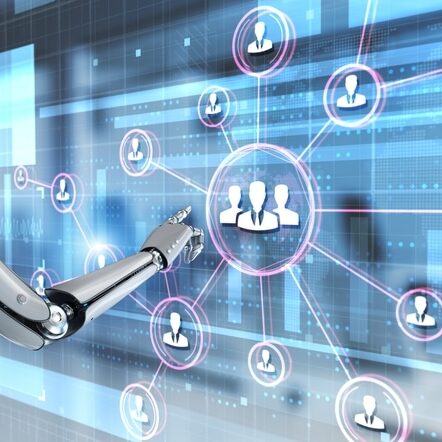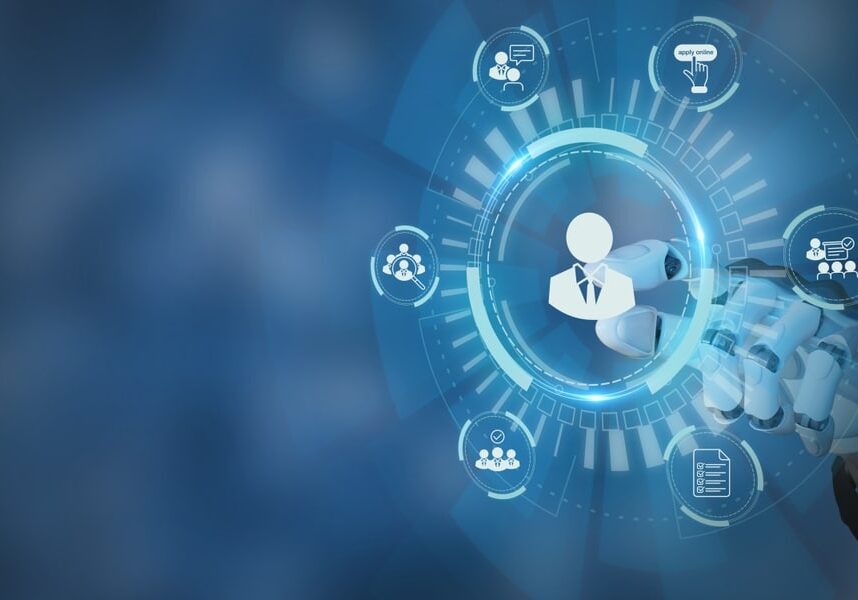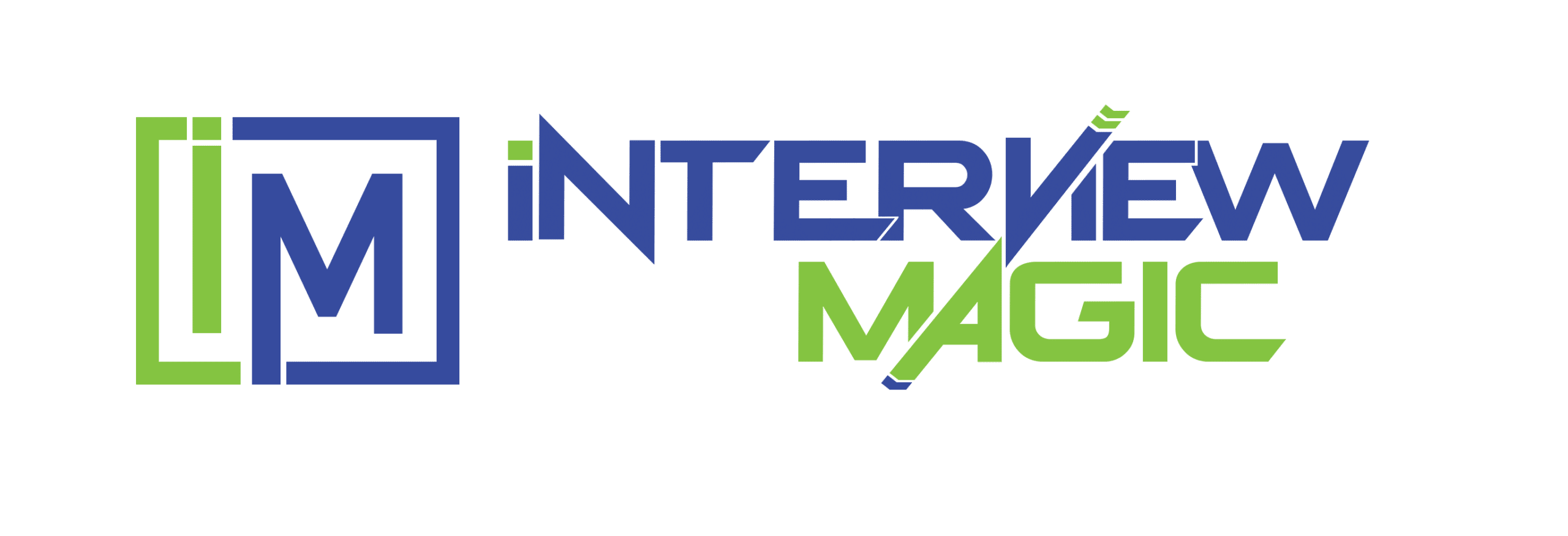I. Introduction
In today’s fast-paced business environment, the hiring landscape is evolving at an unprecedented rate. Traditionally, interview processes have been time-consuming, prone to human bias, and often result in suboptimal hiring decisions. But with the advent of artificial intelligence (AI), recruiters are experiencing a transformation like never before.
AI is revolutionizing modern interview processes, bringing efficiency, fairness, and an enhanced candidate experience. In this post, we will explore how AI is shaping the way businesses conduct interviews, the benefits it provides, and the challenges that come with integrating AI into recruitment.
II. Understanding AI in Recruitment
Artificial Intelligence, in the context of recruitment, refers to automated systems that can assist human recruiters in sourcing, screening, and interviewing candidates. AI technologies are being increasingly adopted to streamline hiring processes, and some common applications include:
-
Chatbots
Engaging candidates in real-time, answering frequently asked questions, and guiding them through the application process.
-
Resume Screening Algorithms
Scanning resumes to identify the most qualified candidates based on predefined criteria.
-
Video Analysis Software
Assessing non-verbal cues in video interviews to evaluate candidates’ confidence, engagement, and personality traits.
Statistics showcase the effectiveness and growth of AI in recruitment. According to a recent survey, over 60% of HR professionals believe that AI will significantly change the recruitment landscape in the next few years.

III. Enhancing Efficiency in the Interview Process
One of the most significant advantages of integrating AI into the interview process is its ability to enhance efficiency. Here’s how:
Streamlined Candidate Sourcing:
AI tools can analyze job descriptions and quickly match them with candidate profiles. This means recruiters can identify potential hires in a fraction of the time compared to manual methods.
Automated Resume Reviews:
Instead of spending hours sifting through hundreds of resumes, AI algorithms can quickly filter candidates based on essential qualifications. By utilizing various metrics, AI ensures that only the most suitable candidates proceed to the interview stage.
Predictive Analytics:
AI can analyze historical hiring data to predict which candidates are likely to succeed in a given role. This forward-looking aspect allows businesses to make data-backed hiring decisions.
Faster Interview Scheduling:
Chatbots can handle scheduling for interviews, asking candidates about their availability and suggesting time slots, reducing back-and-forth emails for coordination.
By implementing AI technologies, HR teams can save valuable time and resources, allowing them to focus on what truly matters – building relationships with candidates and making strategic hiring decisions.
IV. Reducing Bias in Hiring
Bias is a well-documented challenge in traditional hiring processes, where unconscious prejudices can influence decisions. AI can help mitigate these biases through:
-
Data-Driven Decision Making
AI relies on data rather than gut feelings or personal biases. When programmed correctly, it can assess candidates based solely on their qualifications and skills, rather than personal characteristics.
-
Customization of Selection Criteria
Recruiters can work with AI to define clear, unbiased criteria for candidate evaluation, ensuring that AI systems prioritize what truly matters, such as experience, competencies, and cultural fit.
-
Case Studies
Companies like Unilever have utilized AI in their recruitment process, which led to a noticeable reduction in hiring bias. They implemented AI-driven video interviews where algorithms assess candidates based on communication skills without the influence of personal biases.

However, it is crucial to remember that while AI can reduce bias, it is only effective if the algorithms are constantly monitored and adjusted to prevent the introduction of new biases through training data.
V. Improving Candidate Experience
Creating a positive candidate experience is essential for attracting top talent. AI plays a pivotal role in enhancing this experience by:
-
Personalized Candidate Journeys
AI-driven platforms can tailor the application process to each candidate. For instance, a chatbot can provide personalized feedback, tips, and resources that help candidates prepare better for interviews.
-
Real-Time Communication
Candidates appreciate prompt responses. AI chatbots can handle inquiries 24/7, keeping candidates informed about their application status and the next steps in the hiring process.
-
Virtual Job Previews
AI can create immersive experiences whereby candidates get a preview of the company culture, team dynamics, and the work environment. This transparency can help candidates make informed decisions about whether to proceed with the application.
The implementation of AI-driven improvements can lead to higher candidate satisfaction, resulting in a stronger employer brand and greater talent retention.

VI. Challenges and Ethical Considerations
Despite its many benefits, integrating AI into the interview process is not without challenges:
-
Over-Reliance on AI
When companies overly depend on AI systems, they risk losing the human touch that is vital in hiring. Candidates often seek a personal connection, and complete automation can lead to frustration.
-
Technical Glitches
Like any technology, AI systems are not immune to errors. Issues with algorithms can lead to mismatched assessments and poor candidate experiences.
-
Ethical Considerations
There are privacy concerns associated with AI in recruitment, including data management and consent. Additionally, if AI systems are not regularly updated, they may inadvertently perpetuate biases present in historical training data.
To combat these challenges, businesses must maintain a balance. Human oversight is essential to ensure AI is used as a tool to complement the interview process rather than replace it.

